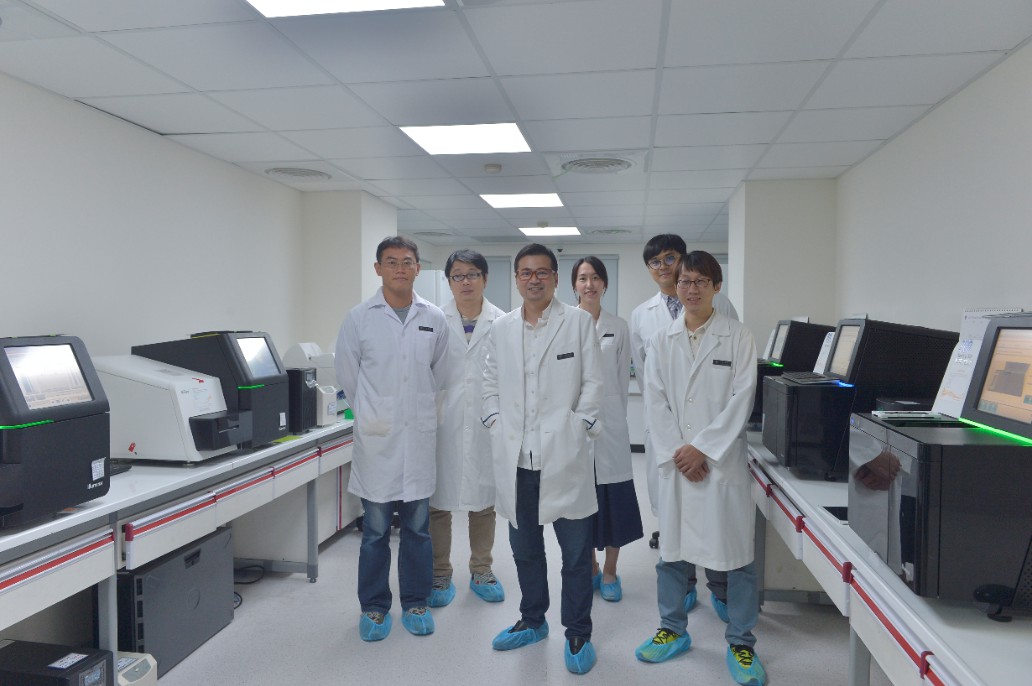SOFIVA GENOMICS Launches New Carrier Screening Test

Taiwan’s leading genetic testing company, SOFIVA GENOMICS, has launched the new SOFIVA Carrier Scan in hopes of providing newly pregnant couples and couples who are planning to have children with next-generation sequencing and capillary electrophoresis technology to test for various genetic diseases. SOFIVA Carrier Scan can screen for as many as 333 types of diseases in a single test, more than any other test currently used in the industry,including common genetic diseases such as Thalassemia, Spinal Muscular Atrophy, Fragile X Syndrome, and Glucose-6-Phosphate Dehydrogenase Deficiency(as shown in Fig. 1).
.png)
(Fig. 1: Details of SOFIVA Carrier Scan; the diseases shown above are those included in SOFIVA Carrier Scan v1.0)
According to statistics compiled by the WHO, 3-6% of newborns around the world die of congenital defects, and roughly 20% of these deaths are caused by genetic factors.On average, two out of every hundred couples give birth to a child with a genetic disease. Carriers of autosomal recessive diseases do not display any disease symptoms; however,if both parents are carriers, there is a 50% chance that their baby will also carry the defective gene and a 25% chance that their baby will be born with the associated genetic disease.The latter situation can severely threaten the health or life of the fetus and/or of the expecting mother.The CEO of SOFIVA GENOMICS, Dr. Yi-Ning Su, M.D. PhD, is the pioneer of genomic medicine in Taiwan.Dr. Su notes that there are five common misconceptions when it comes to genetic diseases:
1. Among the general public there is a widespread belief that genetic diseases are rare, and people tend to overlook how severe genetic diseases can be.
2. Many couples do not know whether there are any genetic diseases in their own family history or whether their partner has a genetic disease or is a carrier of genetic diseases.
3. Many tests are only performed after the baby is born, and screening is typically only conducted when a high risk exists. However, by then it may be too late to prevent serious genetic defects.
4. Most single-gene diseases cause developmental anomalies, disabilities, mental retardation, or early death. Medical treatments only exist for 5% of these diseases, and these treatments are extremely expensive.
5. For most single-gene diseases, particularly recessive genetic diseases, defective genes can be inherited from both the mother and the father. On average, an individual possesses 2.8 pathogenic mutations associated with recessive genetic diseases.
Dr. Su has also noted that international obstetrics and gynecology associations have been strongly promoting prenatal genetic testing in recent years.To reduce the risk of babies being born with defects caused by single-gene abnormalities, in 2017,the American College of Obstetricians and Gynecologists (ACOG) began recommending that all couples who are planning or expecting to have a baby undergo pre-pregnancy/prenatal genetic disease counseling and chromosome testing to determine whether either parent carries genes associated with genetic diseases.
In 2018, an article published by the American College of Medical Genetics (ACMG) recommended that all reproductive-aged women be offered Expanding Carrier Screening (ECS),which allows large numbers of abnormal loci to be examined in a single test.
In the event that SOFIVA Carrier Scan detects abnormal loci, SOFIVA GENOMICS offers reconfirmation services, provides accurate and comprehensive testing services for making diagnoses,and provides doctors with detailed literature and evidence to help them perform further analyses. In addition to signature prenatal and neonatal testing services which are currently available,in the future, SOFIVA GENOMICS hopes to provide pre-pregnancy testing and to offer these services as part of regular health checkups so that would-be parents can benefit frommore comprehensive services.
Read more SOFIVA Carrier Scan :http://bit.ly/sofivaCarrierScan190315en